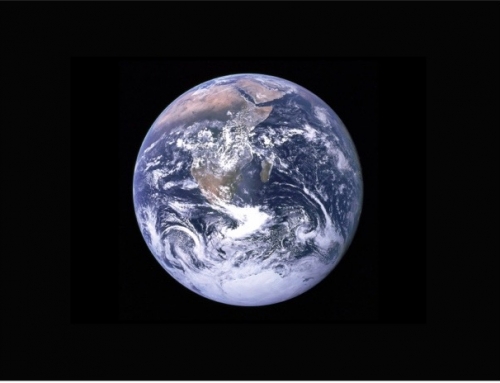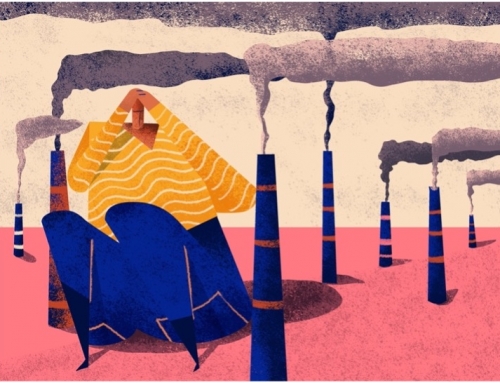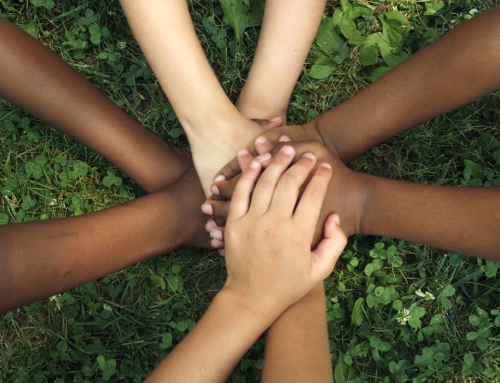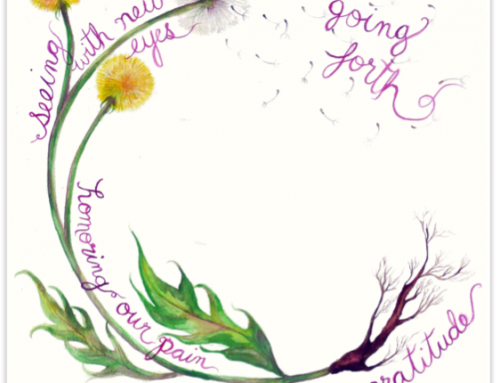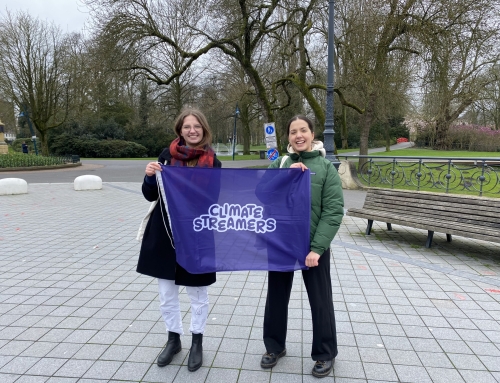My parents always taught me to keep myself up to date with what is happening in the world. I value this greatly because I think it helps me to also create my own perspective on important matters. So, to gather food-for-perspective-thought, I check my NOS app to check up on the daily news. Last week, I did the same. I came across an article that stated that the Documentary of Michael Moore: Planet of the Humans, got deleted from YouTube since it violated author rights (NOS, 2020). Planet of the Humans… Sound familiar? This was the documentary that changed my perspective, brought me my epiphany and opened my eyes in my previous blog. However, little did I know that further down the article I would be provided with new information that would open, close, open back up my eyes again? Oh gosh I don’t even know anymore.
WAIT, WHAT?
Exploring the content of the article, at the end of the article I came across the ‘you might also like…’ section. In this section the article: ‘Discussion about climate documentary Moore.’ Discussion? What discussion? This was ground-breaking. Everybody agrees with this, they just don’t know yet. I clicked the article which had a subtitle that stated: ‘Rarely he makes a true, valid point.’ I was intrigued. The article stated that American scientists have made attempts to get the documentary offline since they believe it is ‘dangerous, misleading and destructive’ (NOS, 2020). The article continues with stating that according to the Dutch Organization Milieu Centraal, there are indeed a lot of mistakes in the documentary (NOS, 2020). What do you mean mistakes? I continued reading the article and there, I read a totally different side of the story. According to this side, Moore’s facts were wrong and he extremizes the impact of energy consumption. This information left me blank: I don’t know what to believe anymore.
ERROR 404
In one of my earlier blogs I spoke about Millennials and the stress they experience because they are provided with too much options to choose from. My experience with the documentary and this article felt like me, being a true Millennials who does not have too much options to choose from, but has too sources to choose from. There is too much information out there. In that pile of information, who do I believe? I started to read about this feeling: information overload, which is presenting so much data that you leave the user confused and/or unable to make a decision (Interaction Design Foundation, 2020). This is exactly what I experienced. With the information of the article, how am I supposed to choose which ‘side’ I am on because there is something to say for both sides. And that folks, is applicable to everything in our lives.
SIDE ONE
Imagine that I want to convince you of my opinion on social media. Let’s say that my opinion is that, I believe that social media has harmful effects on mental health. In that case, I would agree with Charlotte, who writes on the effects of social media on mental health in her blogs. If I would want to convince you of this opinion, I would search as long as I would have to, to find sources that substantiate my opinion. Such as: ‘In 2019 the number of people in the UK with the age 16-25 who say that they do not believe that life is worth living by a sense of overwhelming pressure from social media that drives feelings of inadequacy has doubled from 9% to 18 % in over a decade (Booth, 2019), who Charlotte quotes in her second blog: ‘Client’.
SIDE TWO
However, the fact is, since there are so many sources out there, I also would be able to convince you of the complete opposite of my opinion. I would search for sources that present facts on why social media has positive effects on mental health. Such as: ‘We know that having a strong social network is associated with positive mental health and well-being. Routine social media use may compensate for diminishing face-to-face social interactions in people’s busy lives. Social media may provide individuals with a platform that overcomes barriers of distance and time, allowing them to connect and reconnect with others and thereby expand and strengthen their in-person networks and interactions’ (Roeder, 2020). What I am trying to say is, no matter what your opinion is, these days, you will be able to find facts and sources on every side of the story.
PERCEPTION
That leaves me with the question, what do I believe then? Do I believe the facts that are in my opinion outweighing the other side or do I believe the one who tells the better story? Am I still capable to formulate my own opinion, or does that simply depend on who I decide to listen to? Are the facts even facts when they oppose each other? These questions made me realize that fact-checking goes way deeper than I thought. Honestly, this also made me question my whole trajectory over the past few weeks, months, years? Maybe I have been selectively constructing my story with facts that substantiated the opinion I have. Wait, of course, I have. Then I started wondering how I then form my opinion. Yesterday evening, over 2,3 million people watched the same NOS 20.00 o’clock news (kijkonderzoek.nl, 2020). How is it possible that even though all these people received the same information, opinions differ? Because people hear what they want to hear. This is due to selective attention and its functioning. It consists of only focusing on determined aspects leaving the other ones aside, especially when it comes to opinions and beliefs. It might seem logical to act that way because paying attention to everything around us is quite impossible. However, this can turn into a cognitive bias that stops us from perceiving reality adequately. (Exploring your mind, 2018).
Maybe questioning this proves that I do not have a cognitive bias. However, what I experienced is that it is quite easy to get lost in the land of beliefs, opinions and the information overload will shake up those same beliefs and opinions. One way or another, my course over the last few months has been constructed by me and influenced by my thoughts, beliefs and opinions. Now it is up to you to decide whether to believe me or not.
References
Booth, R. (2019, February 2019). youth unhappiness uk doubles in past 10 years. Opgehaald van the guardian: https://www.theguardian.com/society/2019/feb/05/youth-unhappiness-uk-doubles-in-past-10-years
Exploring your mind. (2018, August 26). We Only Hear What We Want to Hear. Retrieved June 5, 2020, from https://exploringyourmind.com/only-hear-want-hear/
Interaction Design Foundation. (2020, May 9). Information Overload, Why it Matters and How to Combat It. Retrieved June 5, 2020, from https://www.interaction-design.org/literature/article/information-overload-why-it-matters-and-how-to-combat-it
NOS. (2020b, April 30). Veel discussie over klimaatfilm Moore, maar “heel soms heeft hij een punt.” Retrieved June 5, 2020, from https://nos.nl/artikel/2332241-veel-discussie-over-klimaatfilm-moore-maar-heel-soms-heeft-hij-een-punt.html
Roeder, A. (2020, May 28). Social media use can be positive for mental health and well-being. Retrieved June 5, 2020, from https://www.hsph.harvard.edu/news/features/social-media-positive-mental-health/
Super User. (2020, June 5). Stichting Kijkonderzoek. Retrieved June 5, 2020, from https://kijkonderzoek.nl/

